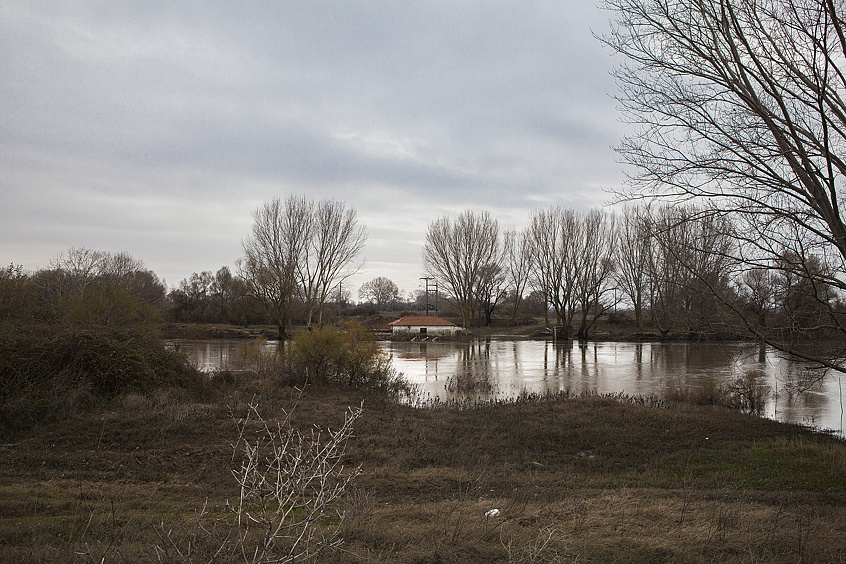During the long century of conservative intra-European peace (1815–1914), Nietzsche wrote The Birth of Tragedy, or: Hellenism and Pessimism, his first mature work as a philosopher, where he invented a method that looked to the deep past for clues about the near future. In this way, he wrote in the voice of a neo-Greek prophet of modernity learning from the Hellenic world. The Birth of Tradition unfolds an original stratigraphic approach, revealing how the Hellenic ideal that emerged in northern Europe during the eighteenth and nineteenth centuries was a complex creation: both a place of inspiration and a site of conquest. Disclosing this ambiguity within the incommensurable world of the past, from the matriarchal theory about the cult of Ariadne to the Afrocentric view of Greek origins, from the identification of Bronze Age Crete as the pre-Oedipal phase of the whole white race to the image of archaeological sites constructed by European travelers over past centuries, we define the invention of traditions based on outlandish reconstructions, acts of recognition, outright forgeries, improbable authenticity, and false memories in the modern age.
Studio 14: The Birth of Tradition
with Cathy Gere and Dimitris Papanikolaou
MAY
17
6:30 pm
Athens Conservatoire (Odeion), Vassileos Georgiou B’ 17-19, Athens
Add to iCal or Google Calendar
Posted in Public Exhibition


